Testosterone replacement therapy has been shown to have a positive impact on mood, memory, cognition, and other higher-order brain functions.
Testosterone is a critical hormone. It is essential for many aspects of a man’s health, including bone and muscle growth, sperm development, sexual performance, and fat metabolism. In addition to the many ways that testosterone contributes to a man’s physical wellbeing, it also has an important effect on brain activity. That’s because certain regions of the brain are full of testosterone receptors and are subject to its influence.
Research has shown that when your body’s natural testosterone levels decline due to age-related testosterone loss, specific brain functions can become impaired, too – particularly those related to memory, cognition, and emotional states.
Because of this relationship between testosterone levels and brain functions, doctors know that testosterone replacement therapy can give men (and women!) suffering from low testosterone a necessary “brain boost.”

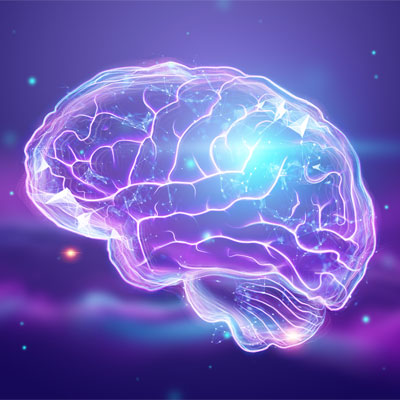

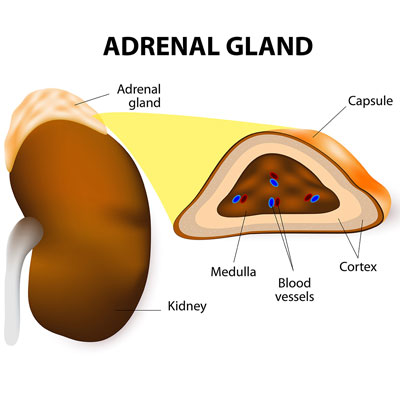 The adrenal glands (suprarenal glands) produce hormones that are critical to the body’s daily functions. The human body has two triangular-shaped adrenal glands, one located on top of each kidney. There are two parts to each adrenal gland: the cortex (outer part) and the medulla (inner part) – each secreting specific hormones. What do adrenal hormones do and why are they important? These are the questions we will answer below.
The adrenal glands (suprarenal glands) produce hormones that are critical to the body’s daily functions. The human body has two triangular-shaped adrenal glands, one located on top of each kidney. There are two parts to each adrenal gland: the cortex (outer part) and the medulla (inner part) – each secreting specific hormones. What do adrenal hormones do and why are they important? These are the questions we will answer below.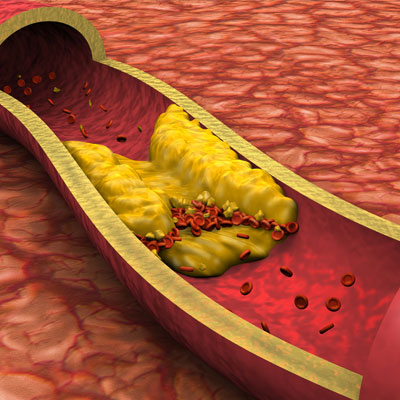 For years, medical science has asked does taking testosterone raise cholesterol, and yet the answer is still somewhat elusive. Some studies point to a lowering of total and LDL cholesterol levels in men who receive testosterone replacement therapy (TRT). Other research tells us there is no impact on cholesterol levels at all.
For years, medical science has asked does taking testosterone raise cholesterol, and yet the answer is still somewhat elusive. Some studies point to a lowering of total and LDL cholesterol levels in men who receive testosterone replacement therapy (TRT). Other research tells us there is no impact on cholesterol levels at all. Although there are amazing, bioidentical hormones that can reverse the effects of hormonal imbalance and deficiency, some people who are in the early stages of hormone decline may do better to learn how to balance hormones naturally. Avoiding medical intervention is always recommended. Of course, when necessary,
Although there are amazing, bioidentical hormones that can reverse the effects of hormonal imbalance and deficiency, some people who are in the early stages of hormone decline may do better to learn how to balance hormones naturally. Avoiding medical intervention is always recommended. Of course, when necessary,  Somatostatin hormone is a chemical messenger that goes by many names, including growth hormone inhibiting hormone (GHIH), somatotropin release inhibiting factor (SRIF), somatotropin release inhibiting hormone (SRIH), as well as the initials SS, SST, and SOM. It is easy to become confused when one hormone has so many names.
Somatostatin hormone is a chemical messenger that goes by many names, including growth hormone inhibiting hormone (GHIH), somatotropin release inhibiting factor (SRIF), somatotropin release inhibiting hormone (SRIH), as well as the initials SS, SST, and SOM. It is easy to become confused when one hormone has so many names.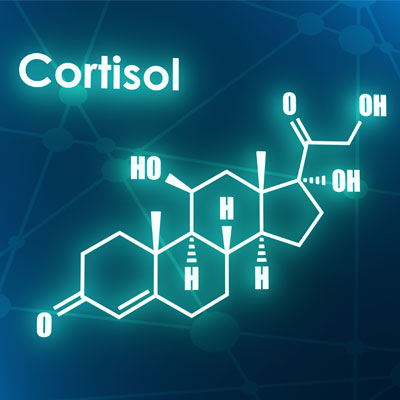
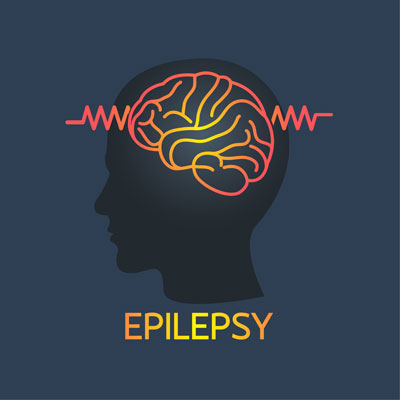
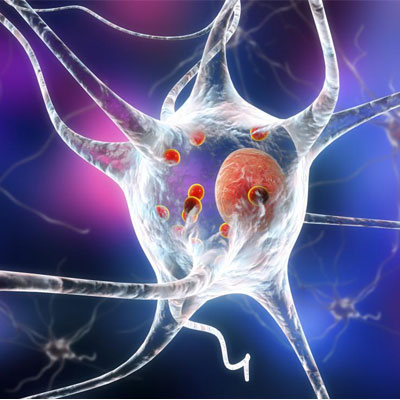 It may be surprising to learn, but hormones may play a role in Parkinson’s disease (PD) onset and progression. More than one hormone may influence Parkinson’s development. In a 2018 report, early life stress and depression were discussed as possible influencers of PD.
It may be surprising to learn, but hormones may play a role in Parkinson’s disease (PD) onset and progression. More than one hormone may influence Parkinson’s development. In a 2018 report, early life stress and depression were discussed as possible influencers of PD.